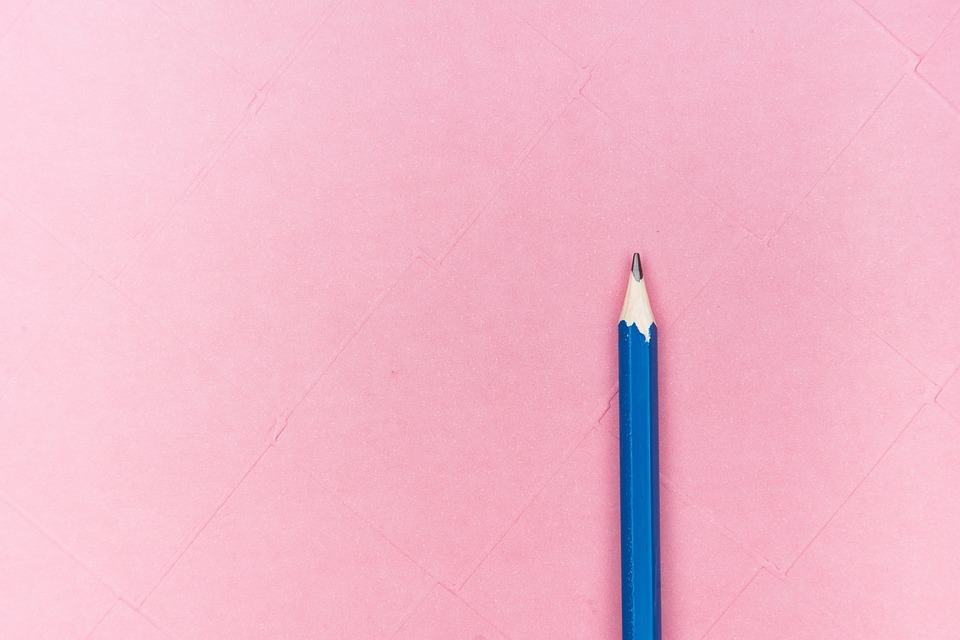[ad_1]
2020 has been a most unsettling year for us all. If you have been overwhelmed by it all and feel in danger of losing your mind, read on.
The constant changes taking place in 2020, uprooting us from our workplaces, sending us into isolation, releasing us and then sending us back again, have impacted us all. Now we are facing the seasonal changes in the northern hemisphere, reducing light levels and the winter weather as well.
This is the season to restore ourselves, nurture the self, copy the natural world as it retreats and conserves energy. Hibernation and wintering are natural responses to the time of year which allow us to slow down and regenerate. It is important not to fight this natural desire to slow down, but to find a way to incorporate it into our busy, stressful lives.
Mindfulness is a way of slowing down time, to be able to calm the overwhelming feelings that fill our minds and to focus on our own needs. The techniques and attitudes of mindfulness are based on the actions of self-awareness and meditation, do not require any special equipment and can be carried out anywhere.
The science of mindfulness is well researched and recognised. Evidence has shown that if you meditate for seventeen minutes a day, for eight weeks, that you will have recognisable health benefits, in the lowering of cortisol and stress reactors. The best news is that those seventeen minutes do not have to be consecutive, you can take your mindful moments in short bursts, and the time will accumulate. So how can we bring this restorative approach into our lives and prepare ourselves for the struggle through the long winter season?
Lets discover how not to lose your mind – by becoming aware of the moments that make up our days, and relishing them as experiences to enrich our lives. Count up the minutes.
Begin simply. When you wake in the morning, either to an alarm or naturally, allow yourself a moment of awareness. Feel the warmth of your bed, the realisation that a new day has begun. Stretch and feel the movement of your body, be aware of yourself and focus for a moment on your breathing. Do not try to change anything, just become aware of the natural pattern of your breath, in and out, take the opportunity to take two or three deep breaths. Allow your mind to simply reflect on the pattern of your breath and then take your first movement into your day.
Two minutes of awareness as you wake.
Get up and go about your normal routines – shower, wash, brush your teeth, those intimate moments of personal hygiene and care. Allow yourself to focus on those actions – notice the feeling of the water on your skin as you wash or shower. Notice the temperature, the textures of your skin and hair, the feeling of the towel as you dry yourself. Practice bringing your mind away from the thoughts of your future, your past, your worries and stresses, and just experience the actions of self-care, the scents and tastes, even for a few moments. Recognise that these are moments of looking after yourself, caring for yourself, actions that support and nourish you.
Five minutes of awareness of your personal care.
Continue with your daily routines. If you have breakfast, or just a drink, or grab something as you dash from the house to the train or car, don’t make any judgements about your use of time. If you are now working from home, prepare as you normally do, and set yourself into your daily activities. If you are responsible for others, children, partners, parents, family responsibilities, pets – carry out your usual regimes. But consider, are there any possibilities of a moment, just a moment, to stop thinking about others and the jobs and the rush, to pause and take stock? No, then on we go.
Most people will find a moment in their morning to refresh themselves with food or drink. Allow yourself to take that moment as an opportunity to focus on the action of preparing and consuming that refreshment. Maybe you boil a kettle to make a hot drink, perhaps you simply stand in front of a vending machine and select something. Use that space to allow your mind to empty and just focus on your breath. Be aware of the feel of your breath in and out, take a couple of deep breaths, then let your breath return to its natural rhythm, and observe that pattern. Then turn your attention to the action of making your drink or snack. Notice your posture, observe how you are standing, be aware of your surroundings, the sights, sounds and smells.
Two minutes of awareness as you look after your hunger or thirst.
Lets assume you can repeat this care of yourself with food or drink at least 3 times in your day.
Another four minutes of awareness of looking after yourself.
Carry on through your day, the daily grind of tasks and activities. Finally you reach the end of your day, and have the opportunity to repeat more of the self-care actions with which you started your day.
Allow a few moments to simply concentrate on you – how do you feel? Tired, happy, sad, agitated, relaxed… another few minutes of self-awareness and self consideration.
Four minutes of self-care and self consideration.
Count them up – 2 + 5 + 2 + 4 + 4. Thats seventeen minutes.
How not to lose your mind? Concentrate your mind on the little things, just a few each day and make it a regular routine. Recognise those little things as self-care and support of your needs. That is mindfulness.
[ad_2]
Source by Helen M Morris

